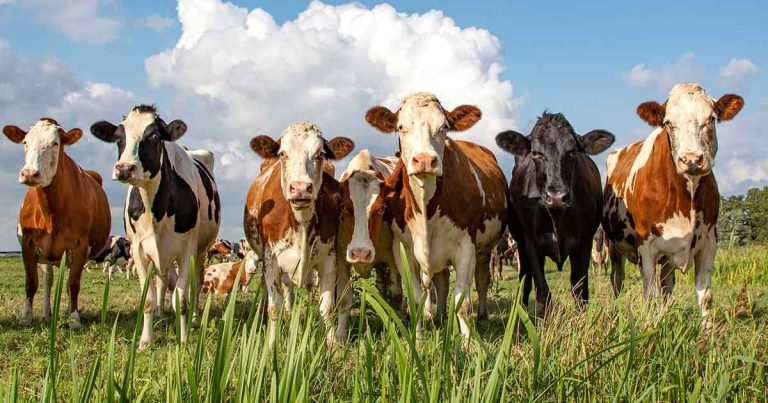12 Aug 2025
New BVA position on responsible use of parasiticides in grazing animals aims to combat antimicrobial resistance to drugs and address environmental concerns.

Image: Clara / Adobe Stock
It aims to combat antimicrobial resistance to drugs and address environmental concerns surrounding parasiticide use via “holistic and evidence-based” strategies.
BVA president Elizabeth Mullineaux said: “There is a need for a more comprehensive approach ensuring consistency across the sector.”
The policy features eight recommendations, including for organisations representing key stakeholders to implement the BVA’s best practice for responsible parasiticide prescription, with the SQP Code of Practice amended to afford SQPs more autonomy when prescribing them.
Both livestock and horse owners rely on SQPs to source parasiticides; in the BVA’s Voice of the Veterinary Profession Survey in November last year, both large animal and equine vets reported that just nine per cent of their clients acquired parasiticides exclusively from their vet practice.
By comparison, 42 per cent of large animal vet clients and 41 per cent of equine vet clients sourced them via SQPs working in feed stores or farm merchants, while 41 per cent and 43 per cent, respectively, relied on a mix of both SQPs and their practice.
Dr Mullineaux said SQPs are “important contributors to implementing responsible prescribing,” adding: “Reclassifying these products to prescription-only may not achieve the desired change, which is why a collaborative approach between vets, farmers and SQPs that focuses on improving communications and oversight, and empowers SQPs to consider context in more detail when prescribing parasiticide drugs, is a key recommendation in our policy position.”
The BVA is also encouraging stakeholders to adopt a more targeted approach to prescription of both anthelmintics and ectoparasiticides based on diagnostics, with reclassification remaining a long-term option.
Among its other recommendations, the policy also calls for the VMD to collaborate with NOAH to follow the same advertising and sales incentive restrictions for parasiticides as antibiotics.
It also recommends the VMD and other organisations working to reduce antimicrobial use to expand their remit to include them, and for the VMD to work with vet and SQP representatives to establish accessible prescription histories for animals or herds, and share diagnostic results.
Environmental recommendations include increasing education on the risk and impacts of parasiticide use across the veterinary profession, equine and farming communities and wider public, and to improve data collection on environmental impacts, so they can be mitigated.
The VMD said it welcomed the policy position and is “carefully considering” the recommendations put forth.
The organisation added: “Where recommendations fall within our regulatory remit, we will assess whether or how they can best be taken forward.
“However, some recommendations may be more appropriately led by other organisations with the relevant expertise and mandate.
“We look forward to working collaboratively with industry, professional bodies, and other stakeholders to identify the most effective approaches.”